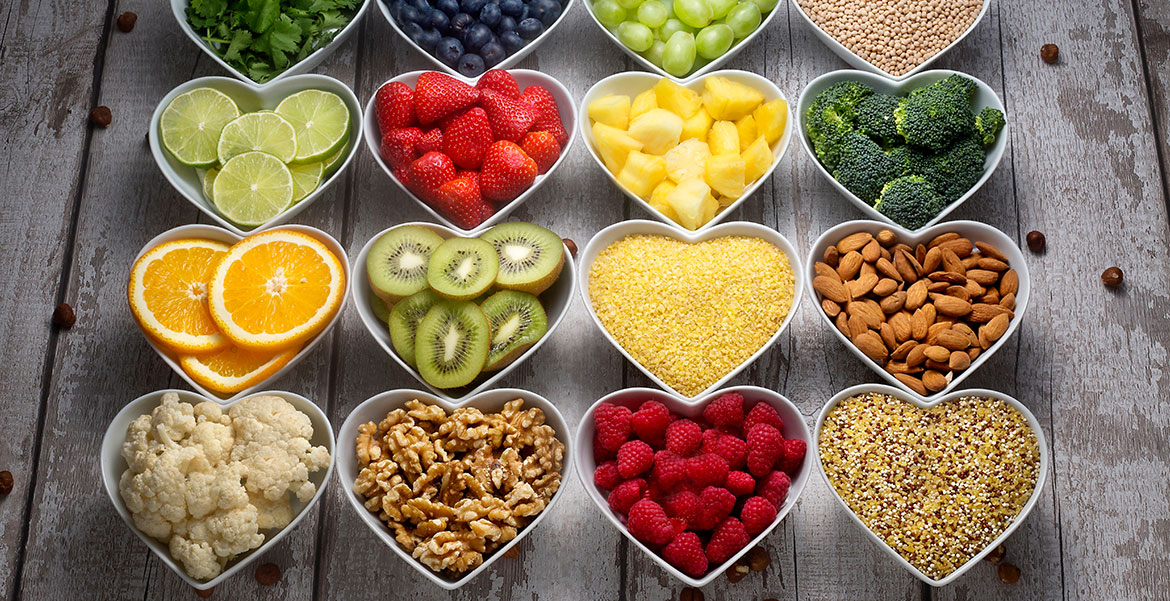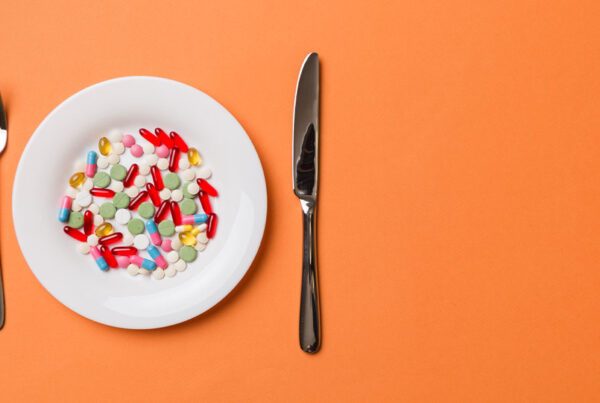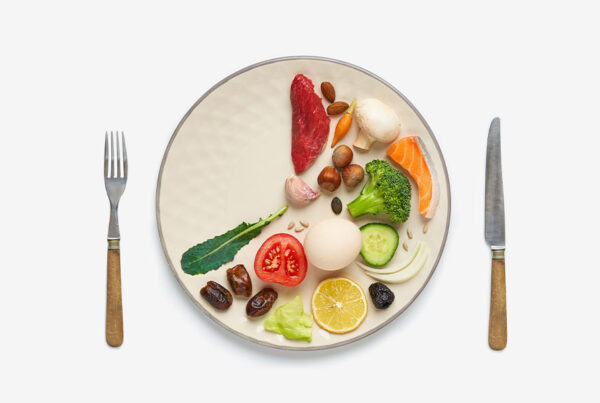What are Antioxidants? What Role do they Play in Human Health?
Before jumping to anti-oxidants, we need to understand free radicals.
Free radicals are generated in our body as a result of various metabolic processes taking place in our body when exposed to external sources such as exposure to X-rays, ozone, cigarette smoking, air pollutants, industrial chemicals, refined or processed foods, alcohol intake etc. They are believed to be oxygen-containing molecules with an uneven number of electrons which causes oxidative stress leading to damage of our cells in the body.
As we age, our body loses its ability to fight the effects of free radicals, causing more oxidative stress and more damage to cells, therefore more degenerative processes such as normal ageing. The free radical chain reaction may lead to broken cell membranes, which can alter what enters and exits the cell, according to the Harvard School of Public Health.
In fact there is enough to prove that a high amount of oxidative stress can lead to inflammation, which can then alter the structure of the lipid passing through the arteries thereby clogging it. Hence, you can say that it is not the cholesterol, but inflammation is the main culprit for most of the heart disease issues.
Apart from heart disease, several studies throughout the last few decades have suggested that oxidative stress plays a role in the development of many conditions, including macular degeneration, certain cancers, emphysema, alcoholism, Alzheimer’s disease, Parkinson’s disease, ulcers and all inflammatory diseases, such as arthritis and lupus.
So, how do we stop this chain reaction of free radical generation?
While it may not be possible to completely stop the generation of free radicals, we can certainly help in controlling the same as free radical formation is crucial to the process of oxidizing nutrients from our food into chemical energy, however it’s the accumulation of these free radicals that are harmful.
- One simple and proven beneficial way is to include antioxidant rich foods. Wait, but first, what are antioxidants?
You can consider them as scavengers which donate an electron to the free radical and neutralize it, thereby preventing the damage or inflammation. Our body naturally produces some powerful antioxidants, such as alpha lipoic acid and glutathione. Other well-known antioxidants that we can acquire through food include beta-carotene and other carotenoids, lutein, resveratrol, vitamin C, vitamin E, lycopene and other phytonutrients.
Few examples of antioxidant rich foods are, curcumin, kale, berries, tomatoes, broccoli, spinach, nuts, fish, dark chocolate and green tea etc.
Other ways:
- Eat at least 4-5 servings of colorful fruits and veggies every day.
- Avoid exposure to environmental pollutants such as air pollution and toxic chemicals.
- Avoid smoking and alcohol drinking.
- Avoid processed or refined food items, fried foods, consuming packaged food items on a regular basis which contain artificial preservatives, flavors, colors and other additives.
- Don’t reuse cooking fats and oils. Heating fats and oils during cooking oxidizes them, generating free radicals which seep into our foods.
What about the antioxidant supplement? Are they helpful?
Many studies have found that eating foods rich in antioxidants is associated with a lower risk of developing diseases, including cancer. Unfortunately, simply supplementing your diet with antioxidant supplements does not appear to have the same effect.
References:
https://www.health.harvard.edu/staying-healthy/understanding-antioxidants
Tags: anti-oxidants, free radicals, causes for generation of free radicals, chain reaction of free radical generation, antioxidant rich foods, what are antioxidants, alpha lipoic acid and glutathione, beta-carotene and other carotenoids, lutein, resveratrol, vitamin C, vitamin E, lycopene and other phytonutrients, antioxidant supplement, cancer









